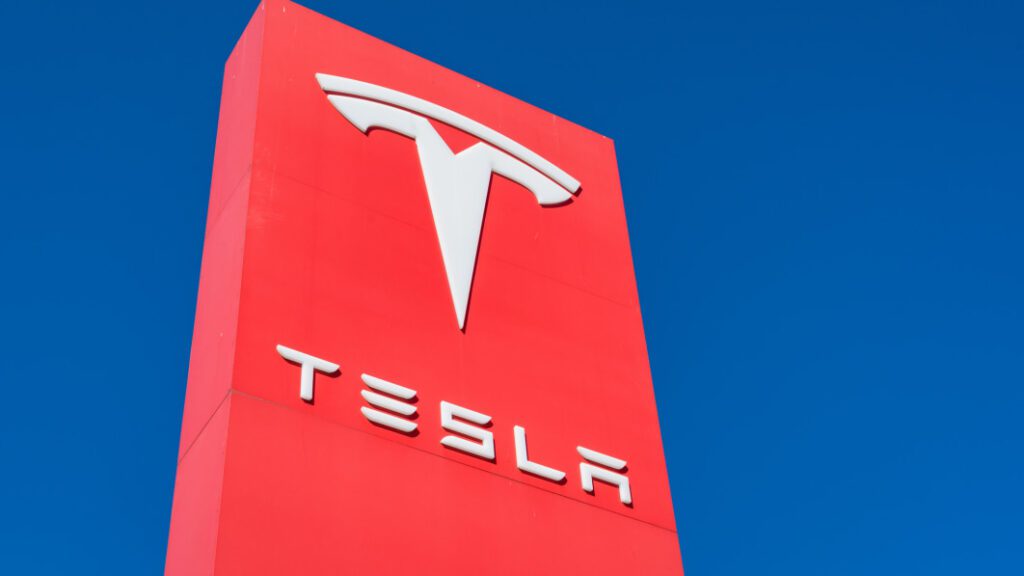Tesla's U.S. EV market share is slipping in spite of all the price cuts

Electric vehicle market share has grown considerably in recent times, but one automaker remains the top-seller, despite the gains made by several legacy companies. Tesla sells more EVs than anyone else in America, but recent sales data shows its dominance isn’t quite as dominant as it once was. Automotive News reported that Tesla’s market share in EV sales fell seven points over the past year to 58 percent, and two of its models saw their sales numbers plummet by significant amounts.
Tesla Model S registrations dropped 51 percent between January and August of this year, and registrations of the Model X fell by 18 percent. At the same time, Tesla saw Model 3 registrations grow by 19 percent, while the Model Y rose a stunning 95 percent. Auto News noted that the automaker doesn’t report sales by individual country, so registrations are a useful analog when gauging growth.
And though Model Y and Model 3 top the chart with more than 400,000 new registrations between them this year (and with Model S in eighth place in the rankings), they face a growing multitude of competitors that together are chipping away at market share. The reasonably priced Chevy Bolt EUV is in third place, and the rest of the list is rounded out by the VW ID.4, Ford Mustang Mach-E, Hyundai Ioniq 5, Chevy Bolt EV, BMW i4 and Rivian R1S.
The Model 3 recently got a refresh in China and other markets, and Tesla has repeatedly cut prices for the car and its SUV counterpart, the Model Y. Those are likely significant factors in both vehicles’ growth this year, while the Model S and X remain far more expensive, and ineligible for federal tax credits as a result.
Tesla doesn’t have a public relations office and doesn’t “do” traditional marketing like every other automaker, leading some to ask if a new approach is in order. Analysts have questioned whether price cuts are the right tactic, with many suggesting the company focus its dollars on marketing and outreach instead of discounts.
“Customers have become desensitized to Tesla price cuts,” said Gary Black, The Future Fund’s managing partner. He argued that the wave of early adopters is over and said that Tesla needs to focus on education and awareness efforts with mainstream car buyers. The automaker has one of the most robust charging networks, and its vehicles’ tech and range are often better than the competition, so the argument that the product should stand on its own while the company focuses on awareness is a valid one.



